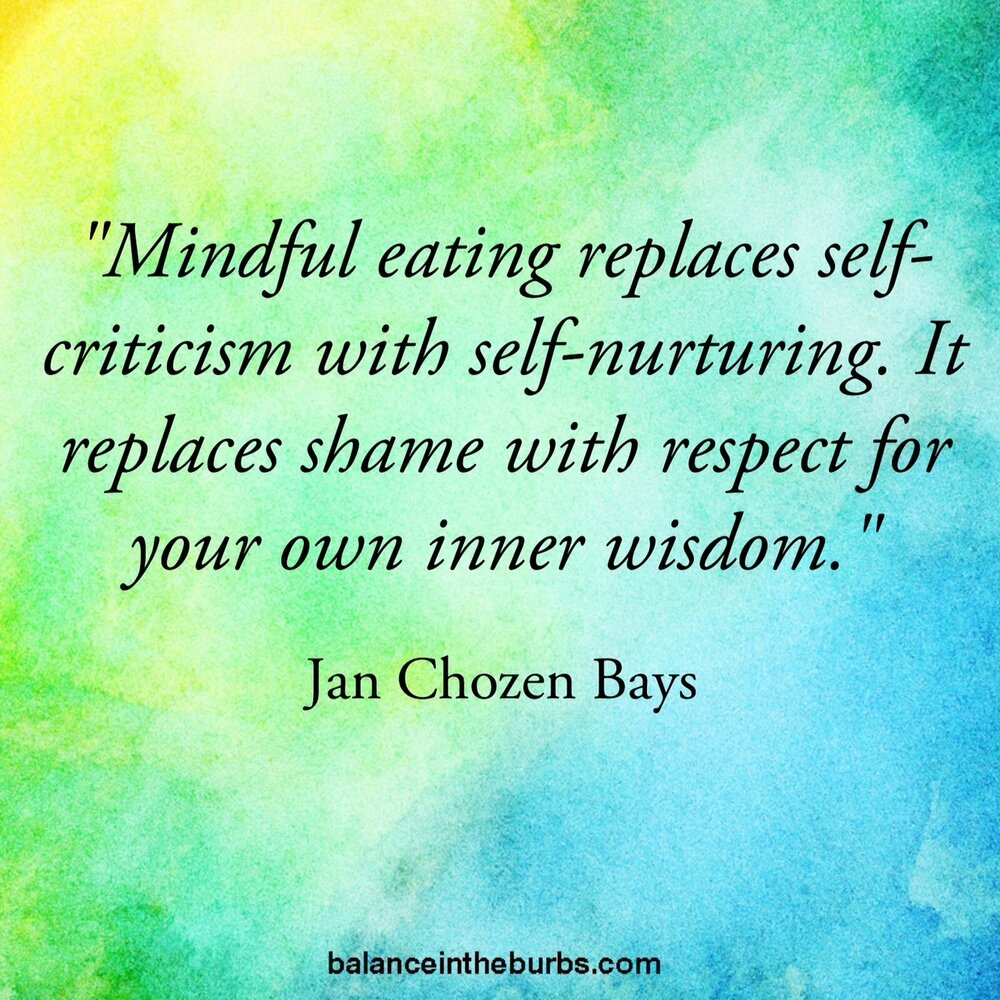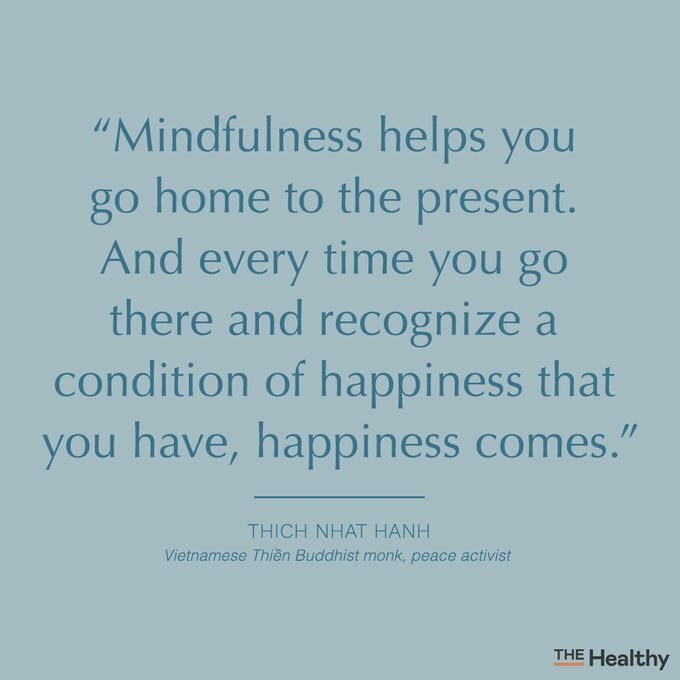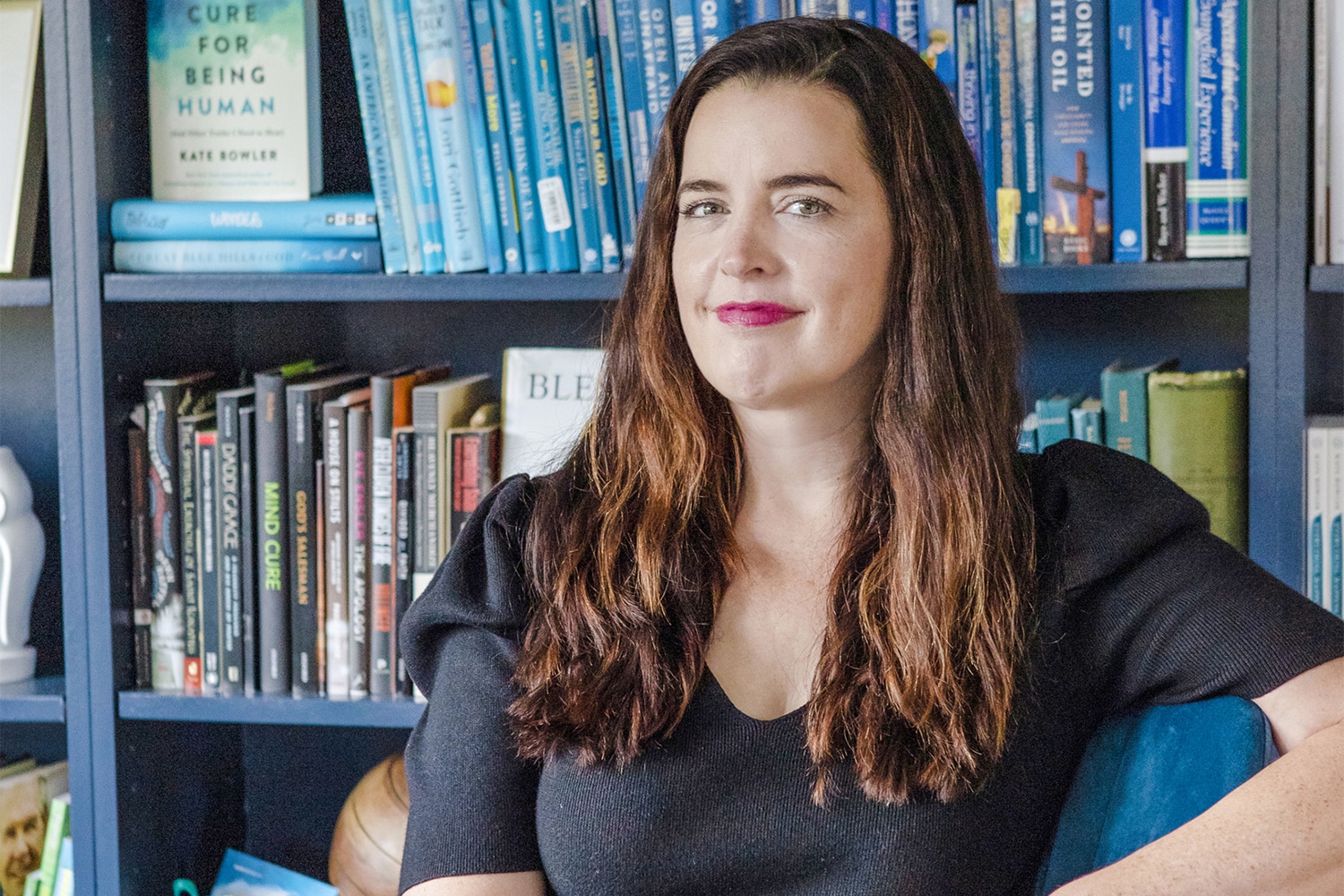
The Certainty of Uncertainty | Cancer Today
After a stage IV cancer diagnosis, Kate Bowler publishes a second memoir that explores the precarious nature of her own mortality.
“Be present” is wonderful advice unless, of course, you feel the insane, wild, frenetic pressure of trying to make every minute into a moment. Then it’s a terrible idea. So I think it’s nice to kind of pick up each of these formulas and to look at them and to try to adjust the dials and create wisdom.

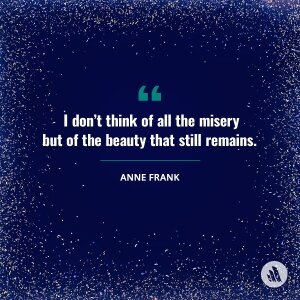


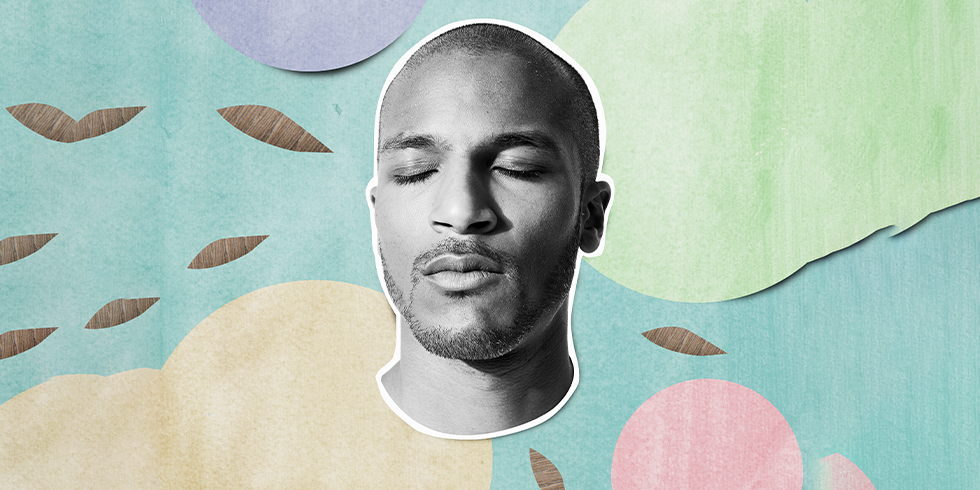
:extract_focal()/https%3A%2F%2Fs3.amazonaws.com%2Fpocket-syndicated-images%2Farticles%2F1475%2F1567094253_Screenshot_2019-08-29WhatToDoWhenYoureFeelingLost.png)
